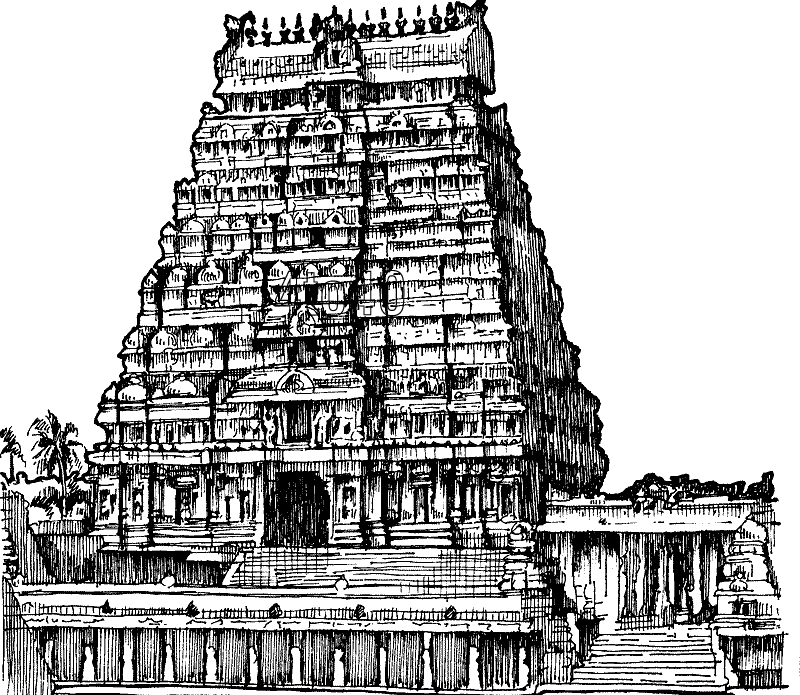LALITHA SAHASRANAMAM
@ S. Subramaniam

[ 46 Niraga Ragamadhani Nirmada Madanashini ]
रागमथनी (157)
Ragamathani (157)
Meaning:
Devi is the destroyer of desires. More specifically it should be understood as Devi is the destroyer of excess greed of desires in her devotees.
Interpretation:

In this namah Raga means desires (particularly referring to sexual desires) and Mathani refers to the destroyer. Therefore the meaning of the namah is Devi is the destroyer of evil desires present in the minds of her devotees.

Interesting to note here that Vaag Devi-s have used the term Mathani several times in LSN - such as Mrityumathani etc.

The suffix Mathani also finds mention in the Devi Bhagavatam. In chapter 11, verses 31-51, Sage Vyasa informs King Janamejaya about the greatness of Manidweepa the residence of Lalithambika and mentions the names of the Devis who guard the fort - name of one such gaurd-Devi is Nishumba Shumba Mathani.
Author's Notes
The author wishes to draw the attention of readers to the story of Manmatha or Kamadeva. While Lord Shiva opened his third eye and reduced him to ashes, it was Devi who re-livened him, bringing him back to life. Such a person - Devi - cannot be described as the destroyer of desires.
For subsistence of this universe, the chain of progeny to continue, sexual desires are absolutely essential and important to remain intact - not to be destroyed at all. It is Devi again who plays the role of protecting the element of desire.

What should be understood from the namah is Devi destroys excess greed or lust, excess presence of sexual desires in humans, as it is extremely harmful to the society. Take the instance of Ravana. Devi, who was worshiped by Lord Rama before he waged the war against Ravana, ensured that the excess, undesirable lust in Ravana is destroyed. That's the inner meaning of the term Ragamathani.
Disclaimer: All matters contained in this article are the property of www.templesofasia.com. The opinions expressed in this article are purely that of the author. The author alone is responsible for the accuracy, authenticity, completeness and validity of all the information in the article.


Comments